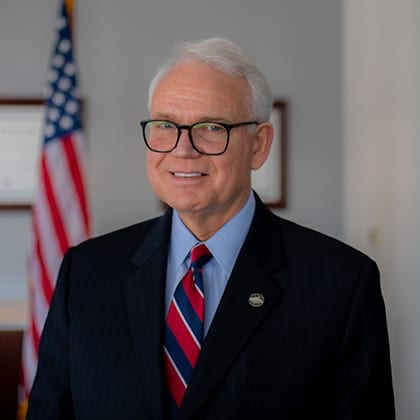Originally published by Utah Policy.
Seasonal sentiments around the Fourth of July are always justified, but this year – given all we are going through as a nation – they are also instructive.
Justified, because as years distance us from our founding, we should take every opportunity to commemorate the vision and sacrifice that won our freedoms. Instructive, because some are wondering – what is happening to my country?
We can be confident in the fact that this nation is designed to last. We have been through gut-wrenching trials before, and we have prevailed. We also need to keep in mind that our freedoms are not guaranteed. The American Experiment is not a grant or bequest, it is a conditional promise – a concept to be reborn and nurtured by every new generation. Every Fourth I reflect on the number of times that promise has been tested and the number of times we as a nation have endured.
In 1787, a July Fourth celebration in Albany, N.Y., left one person dead and another 18 wounded when a copy of the proposed Constitution was burned and a riot broke out. This fight was not over independence from the
Internal strife such as this prompted Alexander Hamilton to ask a question we should ponder today: “whether good governments could be created “from reflection and choice, or whether they are forever destined to depend for their political constitutions on accident and force.”
We can chronicle more examples: The Civil War – a conflict that tested a young nation and pitted family against family – and the price paid
The Great Depression, the Civil Rights movement, Vietnam, Watergate, 9/11 – each changed us a little, and in ways threatened core concepts of what democracy and freedom should look like. Today, we are fighting over immigration, trade, and even issues of the past like civil rights that are not yet fully resolved.
When we disagree in America, our battles are often intense. Resolution – time and time again – is only achieved through debate and compromise and a return to our founding virtues of faith, family, honest dealing and personal responsibility. That has been the salvation of our democracy. To do otherwise is to leave governance to “accident and force” – or, said in modern terms, left to cable news soundbites, the timing of polarizing leadership, the loudest voices, and the most strident protesters.
This Independence Day, may we reflect on the notion that battles always incite passion – but it is the details of post-revolution and post-conflict normalcy that vex us most as free citizens. It is far easier to rise up in opposition and fan the flames of outrage than it is to then settle a dispute, make the compromises necessary for stable governance and then maintain the victory though trust – even faith – in our nation and toward one another.
More Insights
Read More
What you need to know about the upcoming state party conventions
The two major political parties are about to hold their state conventions. Here’s what you need to know.
Here’s why the First Amendment’s religion clauses are not in conflict
Some suggest there is a tension between protection for the free exercise of religion and the prohibition on the establishment of religion. But a better take is to see the two clauses as congruent.
Is California’s minimum wage hike a mistake?
Is raising the minimum wage a good tool to help low-income workers achieve upward mobility? That’s the key question at the heart of the debate over California’s new $20 an hour minimum wage law for fast food workers.



